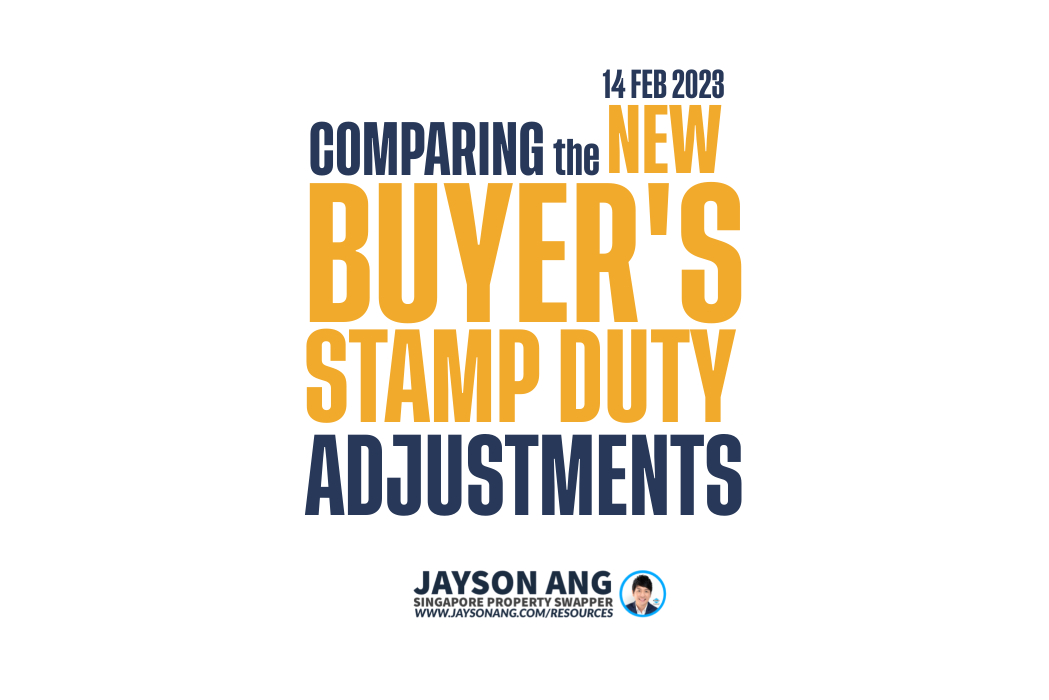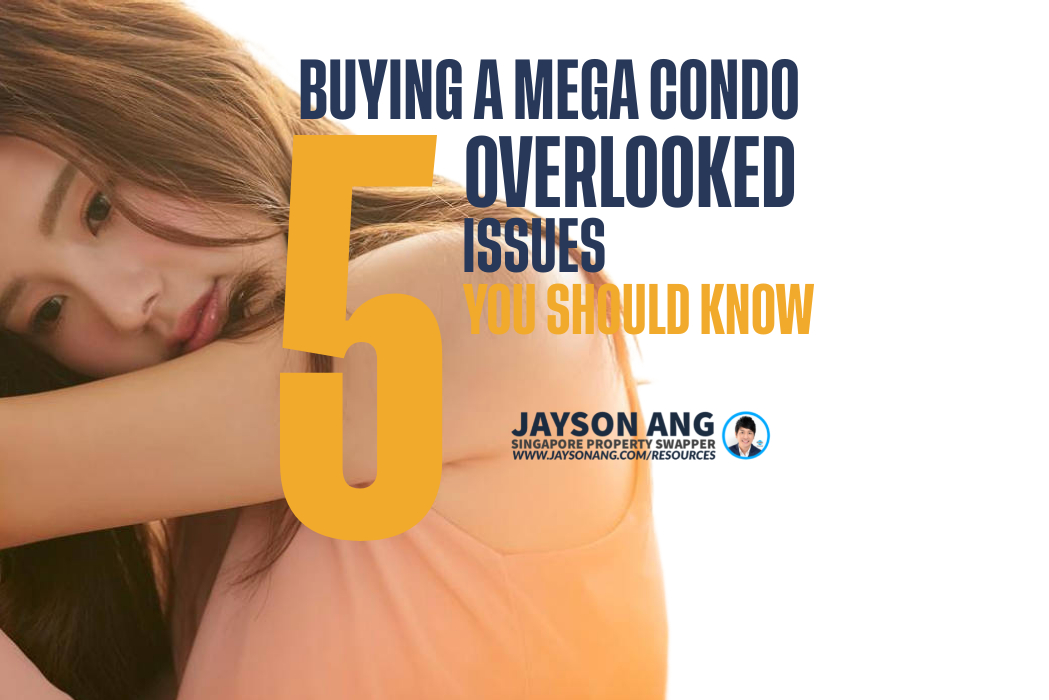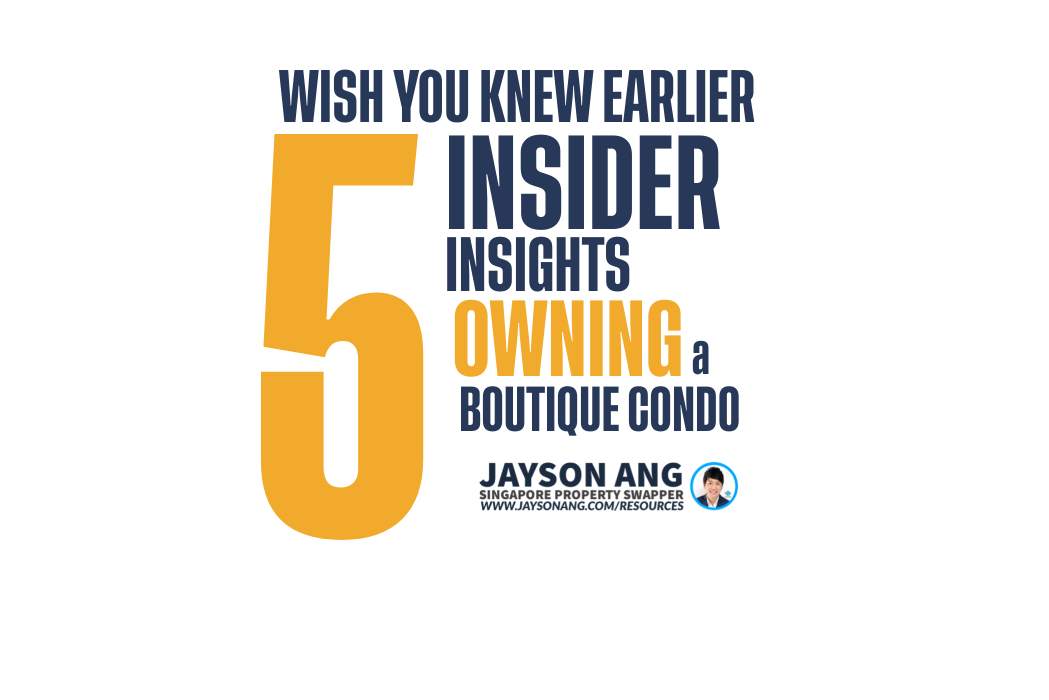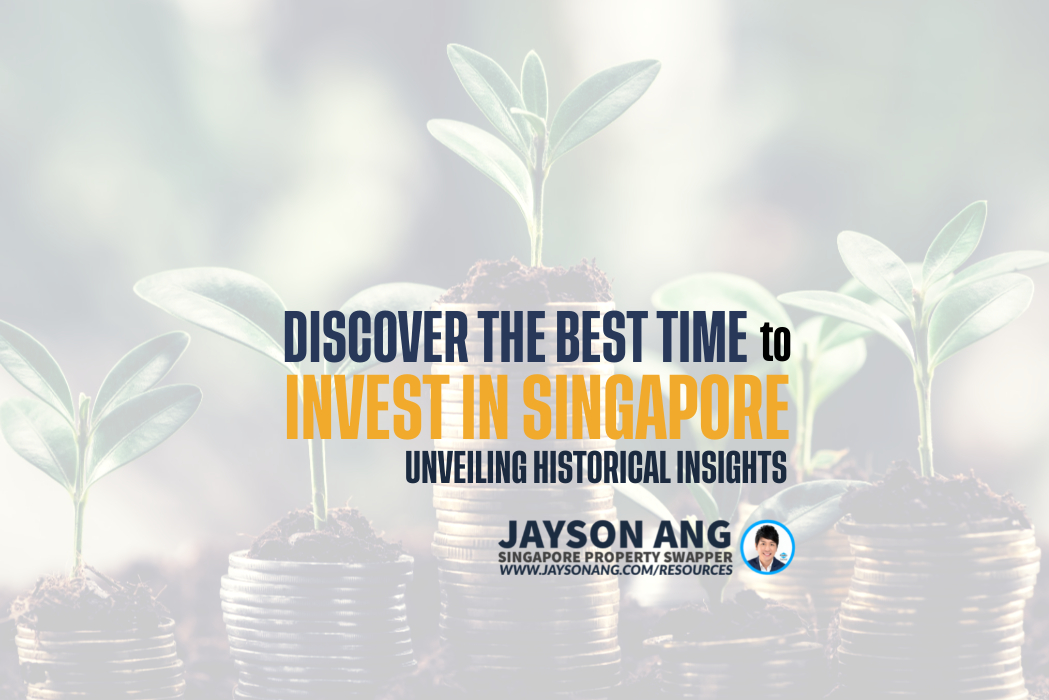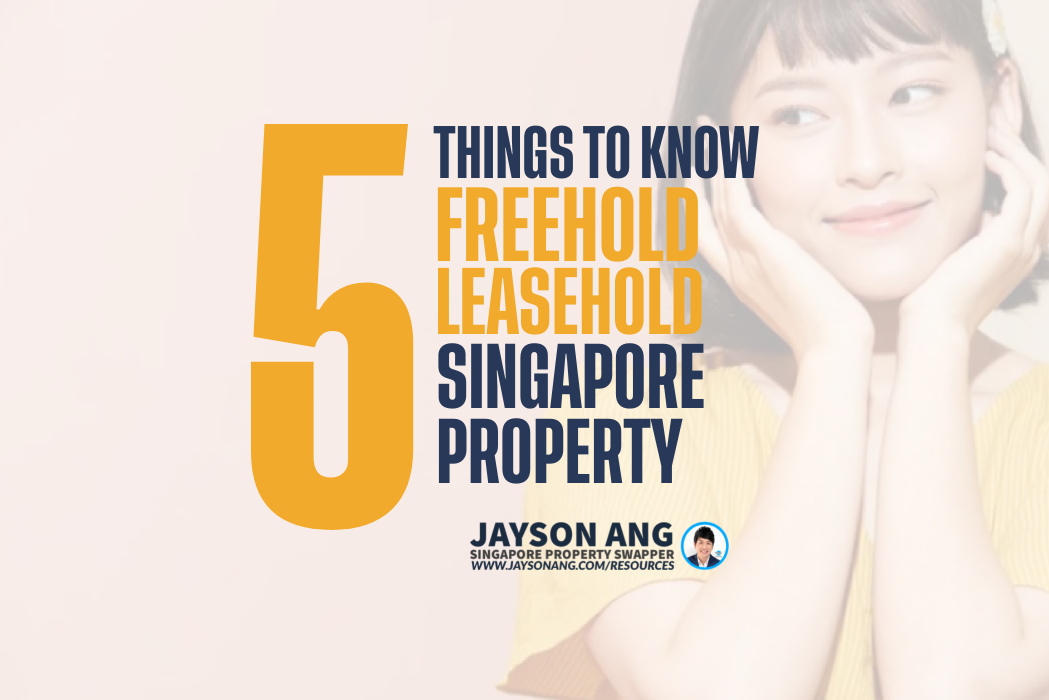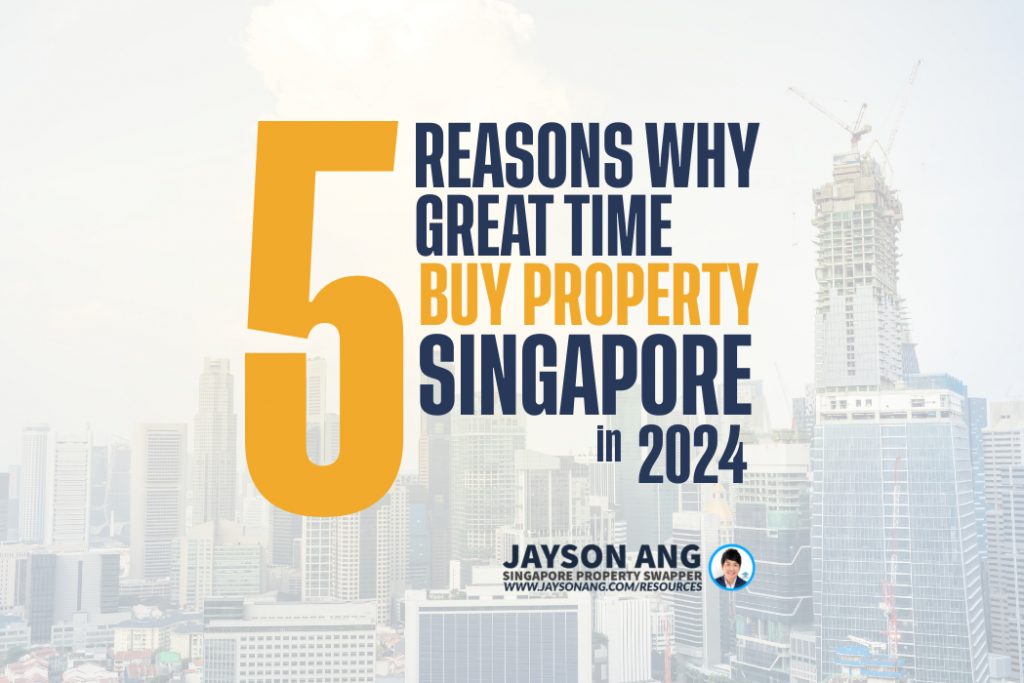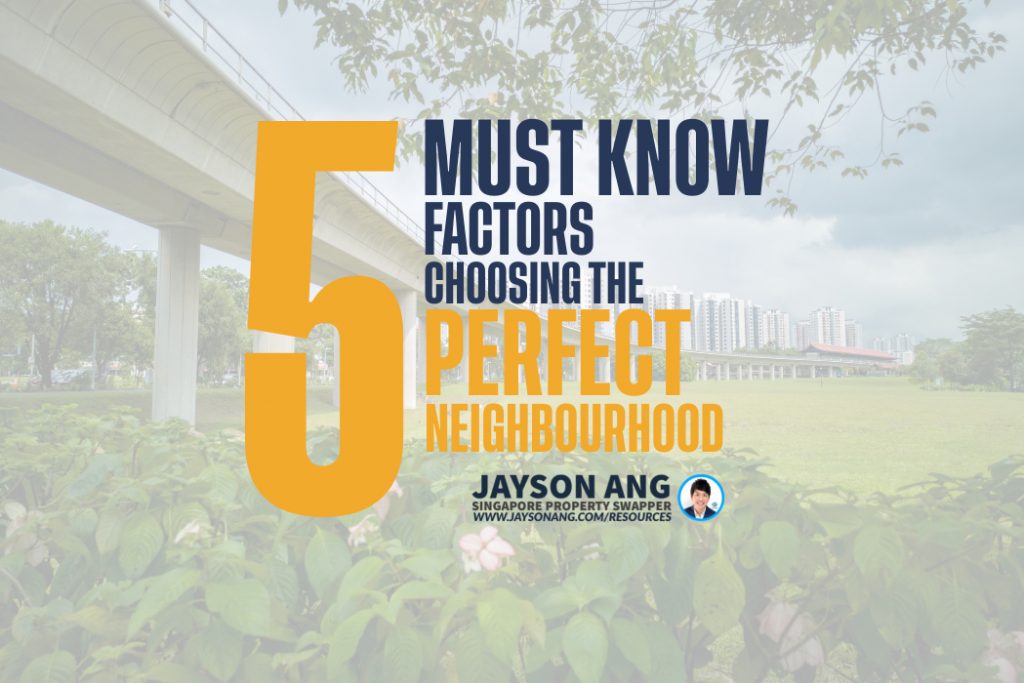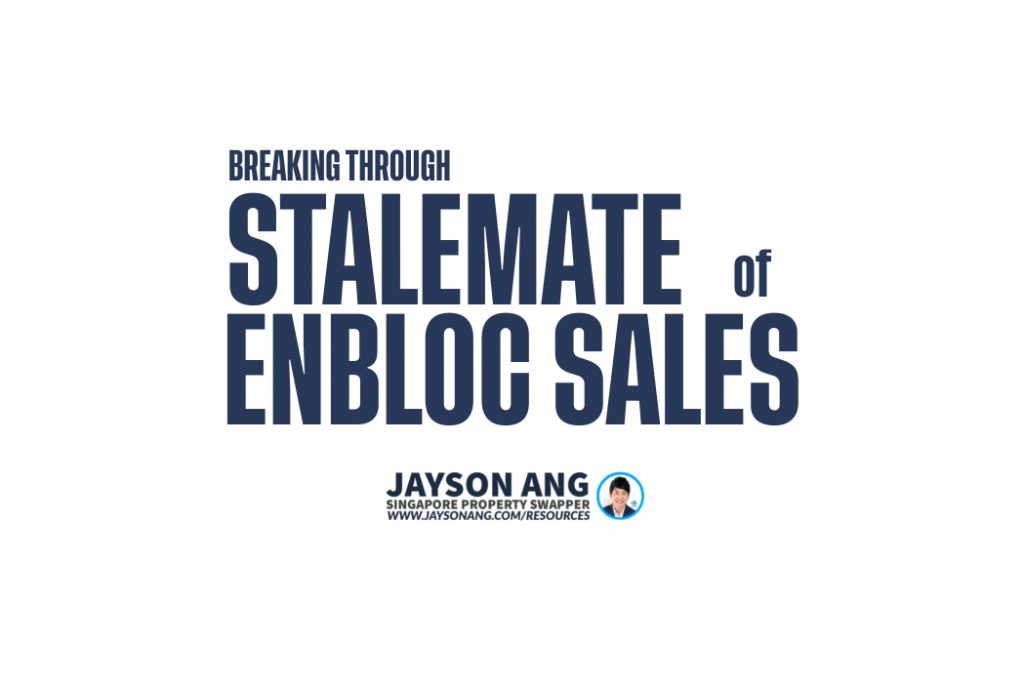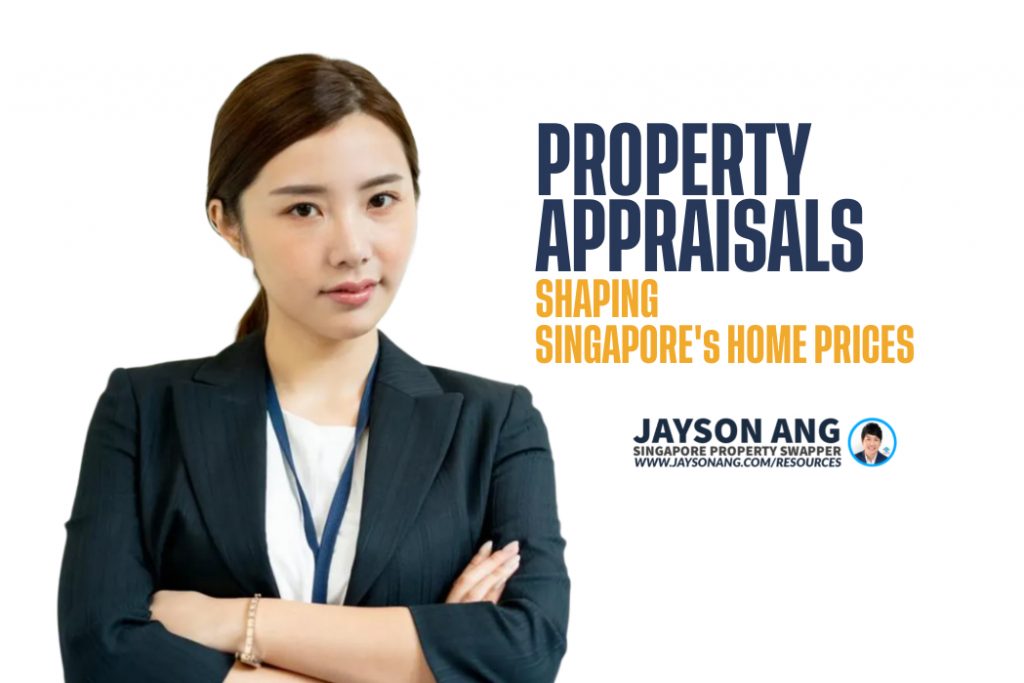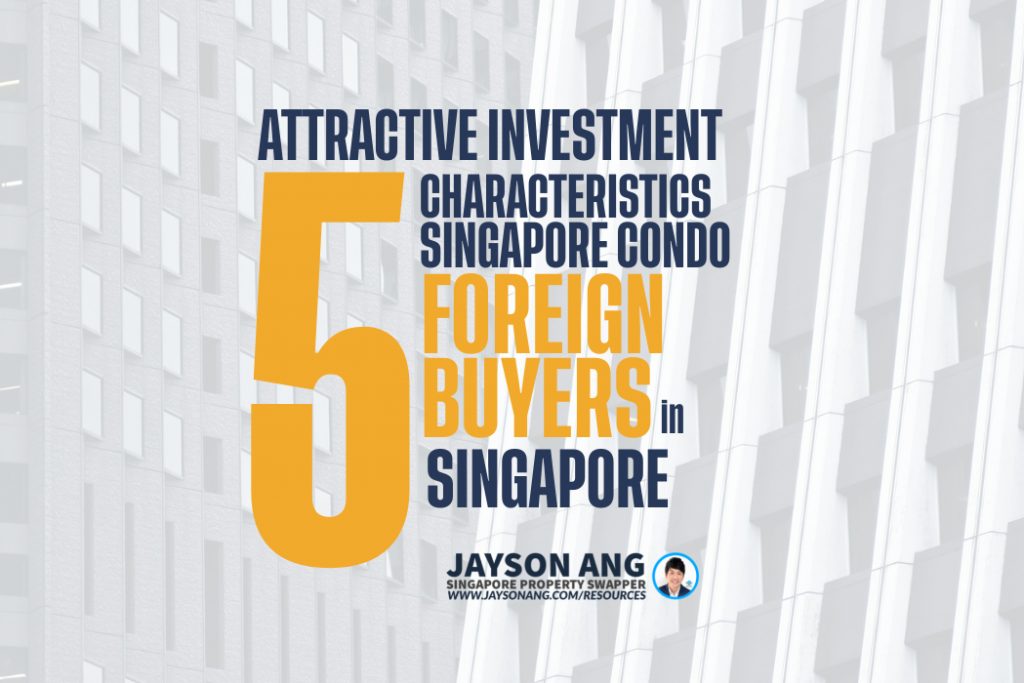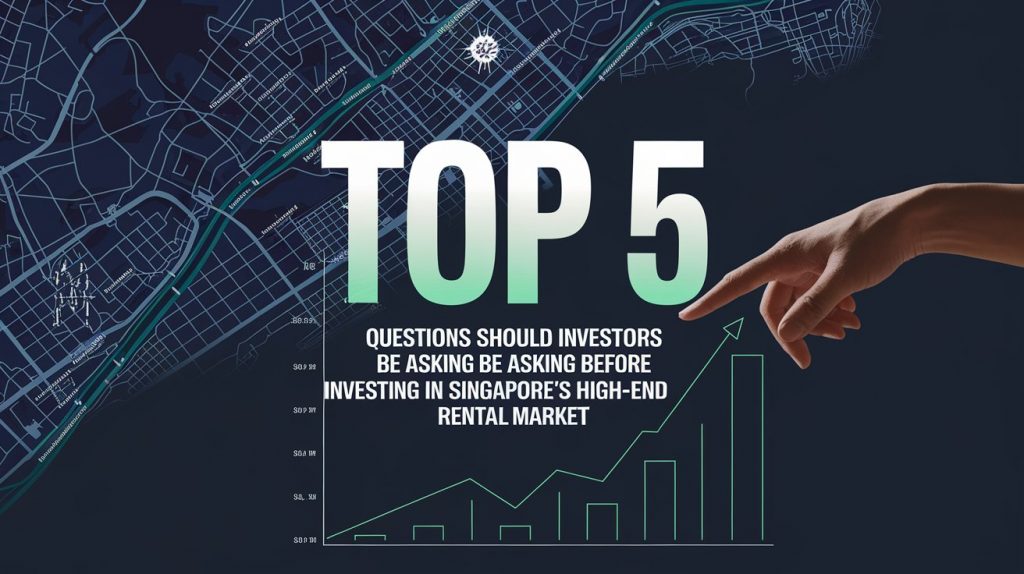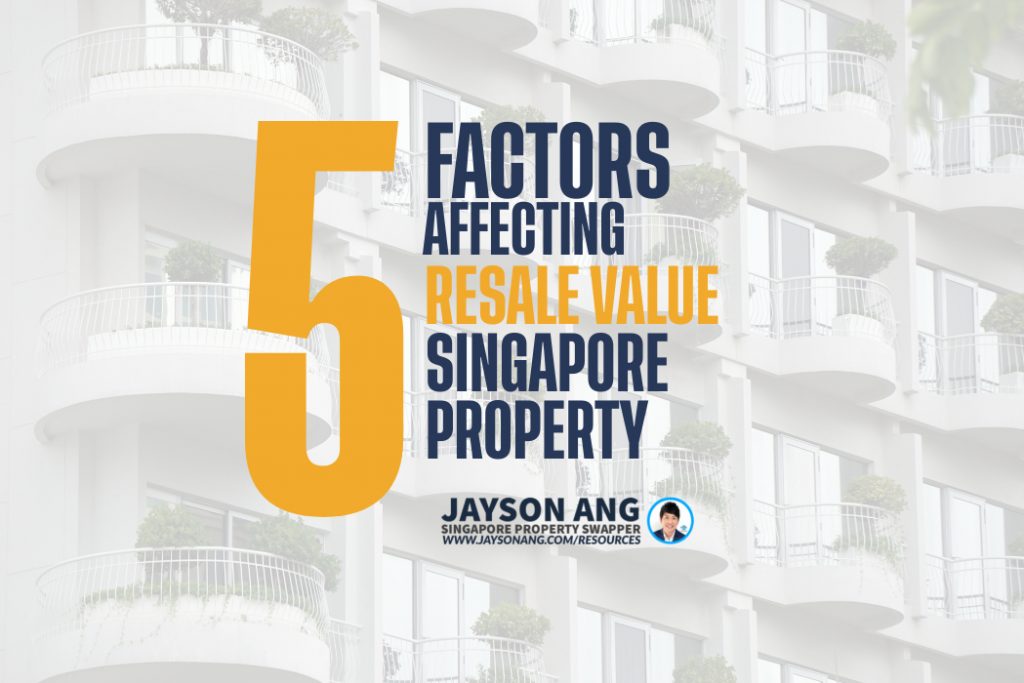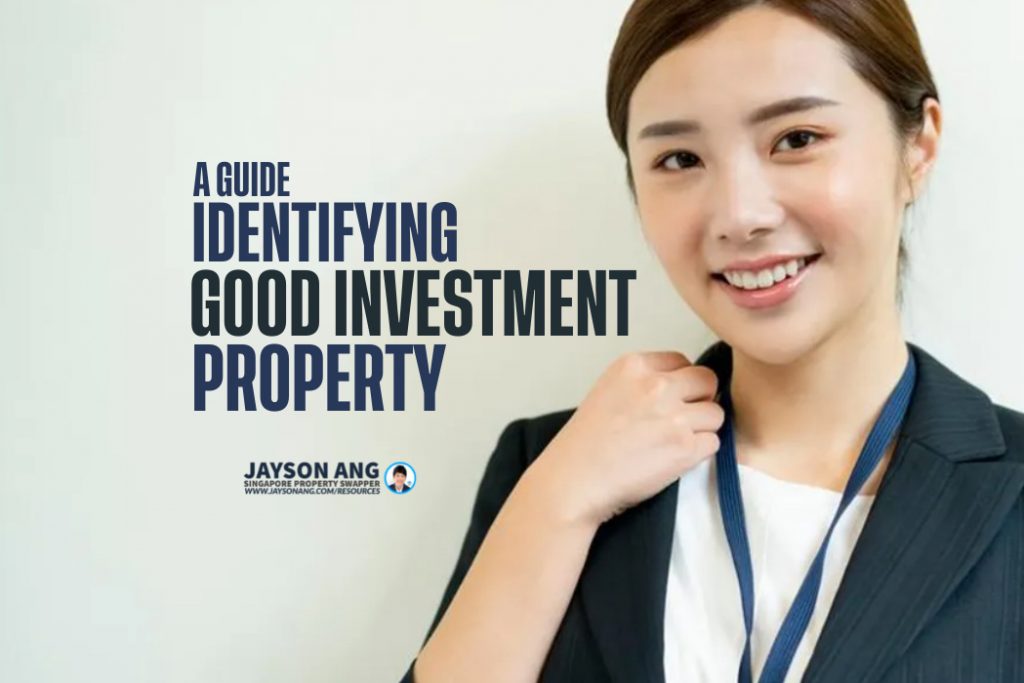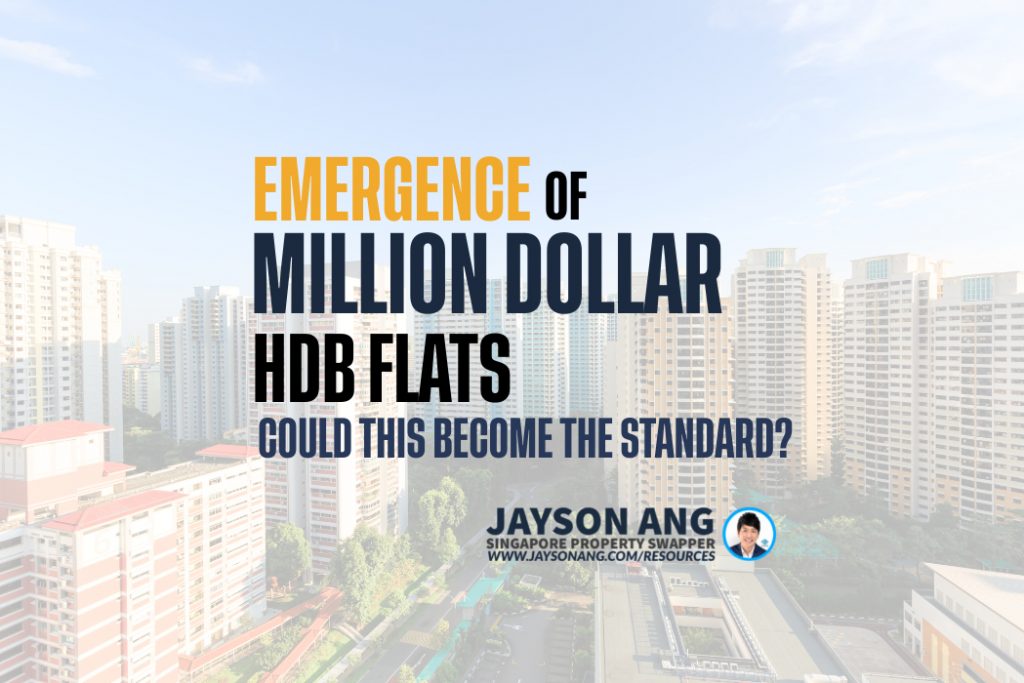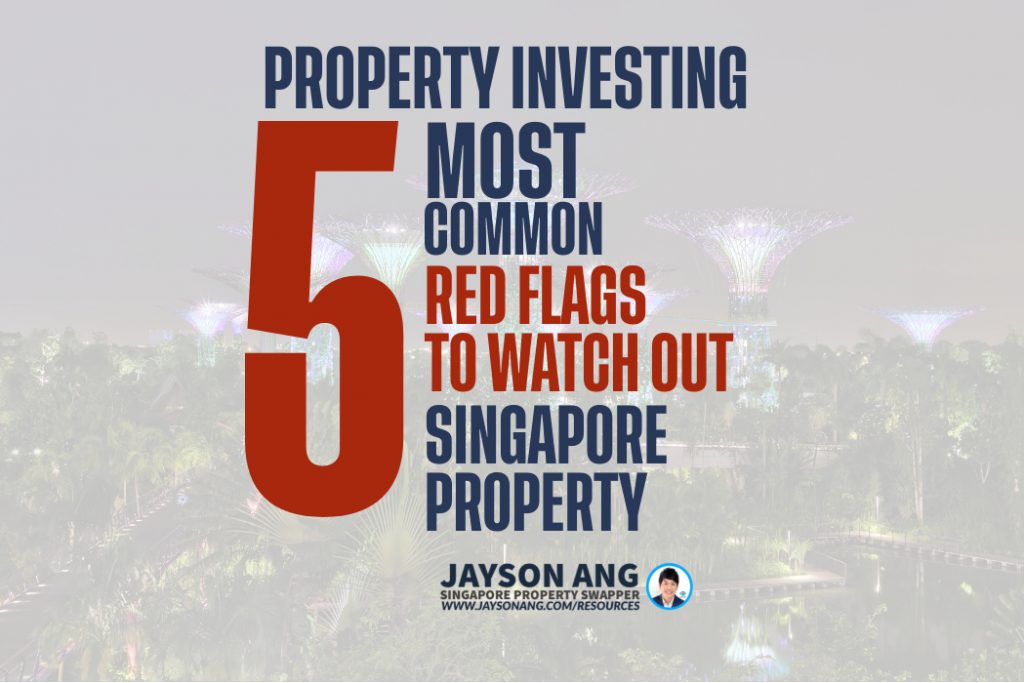TLDR
When it comes to navigating the Additional Buyers Stamp Duty (ABSD) in Singapore, legal strategies are available to overcome challenges and acquire multiple properties. Consider factors like valuation reports, BSD rates for residential and non-residential properties, and the impact of increased taxes on real estate investments. Understanding the connection between BSD and ABSD is crucial for property buyers, along with being aware of payment deadlines to avoid fines. Whether you’re a first-time homebuyer or an experienced investor, strategic real estate advice can help guide you through your property journey effectively.
New Buyer Stamp Duty Singapore 2023. Compare The Amount Difference Between The Old Buyer Stamp Duty Rates Before 14 Feb 2023 And Thereafter.
Today, let’s explore the Buyer’s Stamp Duty (BSD), and how it affects your wallet when you decide to purchase a property in Singapore – no matter if you’re a local or a foreigner, and whether you already own multiple properties or not. BSD is a mandatory fee imposed on any real estate transaction in Singapore, including both residential and non-residential ones, and it is always calculated on the higher value between the purchase price and the property’s market value.
Impacts on Increase of BSD for Certain Prices Below
If Purchase Price: $2Mil
⬆️ in Buyer Stamp Duty(BSD): $5000
⬆️ in BSD: 7.74%
⬆️ in BSD over Purchase Price : 0.25%
If Purchase Price: $3.5Mil
⬆️ in BSD: $25,000
⬆️ in BSD(in %): 20%
⬆️ in BSD over Purchase Price: 0.714%
If Purchase Price: $5Mil
⬆️ in BSD: $55,000
⬆️ in BSD(in %): 29.79%
⬆️ in BSD over Purchase Price : 1.1%
If Purchase Price: $10Mil
⬆️ in BSD: $155,000
⬆️ in BSD(in %): 40.3%
⬆️ in BSD over Purchase Price: 1.55%
- $2m property difference only $5k
- $5m property difference only $55k
- Consumers will panic and overreact thinking that demand and affordability will be affected.
- Actually you can see that 2m property. Difference is 5k
- 3.5m is 25k.
Buyer’s Stamp Duty (BSD) for Residential Properties
If you and your seller agree on a purchase price of S$3 million for your new home, but the valuation report is lower at S$2.9 million, the BSD will still be applied to the higher price of S$3 million.
Starting on 15 February 2023, the BSD will be calculated like this:
- First S$180,000 – 1%
- Next S$180,000 – 2%
- Next S$640,000 – 3%
- Next S$500,000 – 4%
- Next S$1.5m – 5%
- In excess of S$3m – 6%
Say, for instance, you’re getting a property valued at S$3 million. Here’s what you can expect to pay :
1% of the first S$180,000 S$1,800
2% of the next S$180,000 S$3,600
3% of the next S$640,000 S$19,200
4% of the next S$500,000 S$20,000
5% of the remaining S$1.5m S$75,000
Total BSD for residential property S$119,600
A Quicker Way To Calculate BSD For Properties Below S$1 Million
For properties valued at S$1 million or less, this formula is easier to apply :
(3% of price or valuation) – S$5,400 = BSD amount
Let’s say you’re buying an HDB flat for S$600,000. The BSD to pay will be:
(3% of S$600,000) – S$5,400 = S$12,600
The result will be the same as the previous formula; it’s just quicker to work out.
What’s The BSD For Non-Residential Properties?
Starting 15 February 2023, non-residential properties BSD rate :
- First S$180,000 – 1%
- Next S$180,000 – 2%
- Next S$640,000 – 3%
- Next S$500,000 – 4%
- In excess of S$1.5m – 5%
Let’s say you are buying a commercial property valued at S$2.5 million – how much would you be paying?
1% of the first S$180,000 S$1,800
2% of the next S$180,000 S$3,600
3% of the next S$640,000 S$19,200
4% of the next S$500,000 S$20,000
5% of the remaining S$1m S$50,000
Total BSD for non-residential property S$94,600
What If My Property Has Both Residential And Commercial Components?
The rates for BSD can vary between residential and commercial properties, making it quite complicated if you have a property that has both!
This can be seen with, for example, HDB shops that have a residential area above them. It can also happen if part of your unit is given a temporary permit for non-residential use, such as if the downstairs is approved as a daycare centre, but only for a set number of years.
Buying a shop with housing upstairs can be complicated due to having to pay both residential and non-residential BSD rates, so it’s important to get the exact figures clarified with the property agent before you make the purchase.
If you’re uncertain, simply verify how the land is zoned – if it’s residential, then you’ll always be charged the residential rate, even if there is a short-term commercial use of the property.
When Must You Pay The BSD?
Payment must be made within 14 days from the date of purchase or acquisition.
However, if the relevant document was signed overseas, the time limit is extended to 30 days after the agreement is received in Singapore.
To be on the safe side, ensure you inform your law firm (handling the conveyancing) in advance when you intend to avail of the 30-day period.
If you don’t pay your BSD within 14 days (or 30 days if the papers were signed abroad) then you will be charged a fine.
For delays of less than three months, you’ll be fined either S$10 or the amount of BSD – whichever is higher.
However, if you delay payment for more than three months, you’ll be fined S$25 or four times the BSD amount – whichever is higher. In other words, if you don’t want to be faced with a hefty fine, pay your BSD on time!
What Is The Connection Between BSD and ABSD?
The Additional Buyer’s Stamp Duty (ABSD) is something you need to consider if you’re a Singapore Citizen purchasing a second property.
This extra levy, which is typically 17%, is imposed on top of the normal Buyer’s Stamp Duty (BSD) – making the total cost that much higher.
Unfortunately, there’s no getting around it – you can’t apply for ABSD remission and getting your BSD money back is out of the question.
Are You Looking For A Better Valuation?
Keep In Mind That The Loan-To-Value (LTV) Ratio And Buyer’s Buyer’s Stamp Duty (BSD) Have An Inter-Related Effect!
Previously, I had outlined the loan-to-value ratio (LTV): a measure that decides how much one can borrow to purchase a house. Home buyers usually seek out banks that accept the highest valuation of the residence as they wish to borrow a bigger sum.
Nonetheless, it is imperative to bear in mind that LTV is associated with the lower of the property’s cost or worth. The BSD, in contrast, applies to the higher of the house price or worth.
Having a higher valuation of your house will enable you to borrow more money, yet you should also be aware that it comes with a larger stamp duty.
Consider this carefully before you begin your search for a higher valuation.
Be Ready To Pay More For The Safety Net Of Investing In Singapore Real Estate
With the BSD increase, the buyer of a S$5 million home will now be required to pay S$239,600 – a 30% rise from the previous S$184,600.
Many individuals buying a home, even those who pay upwards of S$1.2 million for a highly sought-after Housing and Development Board resale flat, will not be greatly impacted by the increase in BSD. Moreover, buyers who pay S$2 million for a suburban condominium unit will only have to pay an additional S$5,000 in BSD – a manageable increase. The real “pinch” will be felt by those who purchase luxury homes.
A foreign buyer purchasing a S$10 million luxury condo will be subject to a BSD of S$539,600, as well as an Additional Buyer’s Stamp Duty of S$3 million.
On the other hand, a local acquiring a S$20 million landed detached house as their first home will need to fork out an extra 45 percent in stamp duty – amounting to a whopping S$1.14 million, compared to the S$784,600 previously.
As potential buyers adapt to the increased BSD, the transaction rate of pricier homes may experience a slight decrease; however, the effect of the higher BSD will likely be far more prominent in non-residential properties. For example, an investor spending 10 million on a commercial shop-house will now need to pay an extra S$469,600 in BSD – a whopping 59 percent increase!
With the current market situation of low yields and increasing interest rates, it is not surprising that potential buyers of major commercial buildings worth hundreds of millions of dollars or more are being more cautious. In fact, many may be holding back altogether.
Despite the potential drawbacks of higher BSD, investors in non-residential properties continue to enjoy paying less than those buying a home. This, however, could have a negative impact on collective sales of both residential and non-residential sites, potentially delaying the redevelopment of older buildings into modern properties that meet the needs of today’s space users.
Ever-Increasing Taxes
As Singapore’s population continues to age, it is clear that government expenditure on healthcare will have to increase – meaning the more affluent may have to pay more tax, in one form or another.
By increasing taxes on real estate investors, Singapore does not have the same risks of draining away talent or discouraging companies from expanding their operations here as it would if levying higher personal or corporate income taxes.
The desirability of investing in property in Singapore, due to its safe-haven status and growth as a major business hub, is underpinned by factors such as strong governance, political stability and social cohesion. So, it is only right that any investor looking to benefit from the security of physical property in Singapore should also contribute their fair share to the tax system.
In Singapore, physical property is particularly attractive in these uncertain times, as wealthy individuals search for secure havens. Despite the fact that this may involve paying more for transactions and recurrent taxes, it doesn’t stop the appeal of homes and office buildings here.
It is important, however, for investors to take into consideration the risks of higher taxes, as future budgets may include bigger taxation for property.
Should You Buy, Sell or Wait?
If you’re reading this, you must be trying to figure out the best course of action right now: is it the right time to buy or sell?
It’s difficult to give an exact answer since everyone’s situation is unique and what works for one person may not necessarily work for you.
I can bring you a wealth of on-the-ground experience and a data-driven approach to provide clarity and direction. From beginners to experienced investors, our top-down, objective approach will help you on your real estate journey.
I can help you by:
- Offering Strategic Real Estate Advice – I can help create a comprehensive plan to guide you through your property journey.
- Connecting Your Home with the Perfect Buyers – Through stunning visuals, an effective communication strategy, and an in-depth knowledge of the market, we’ll ensure your home is presented in the best possible way to fulfill your goals.
You May Also Like …

